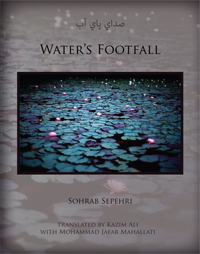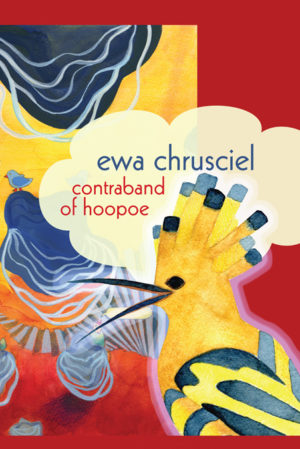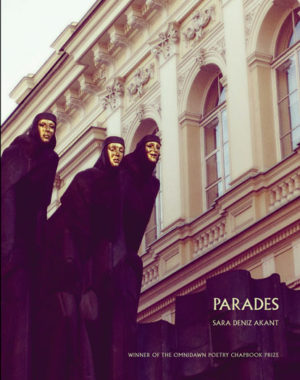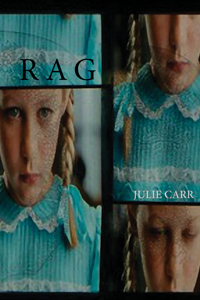Description
Translated by Kazim Ali and Mohammad Jafar Mahallati
Persian on Facing Pages
There’s modernism & then there’s modernism—depending on where you are. Sohrab Sepehri was in Iran, a modernist Muslim for whom the black stone of the Kaaba was the sunlight in the flowers. He tried to invent a world in poetry and a poetry in the world as had not been seen, oh, maybe since the Nishapur of Omar Khayyam. He made it new, indeed—writing a poetry that is a geometry of breath from which music grows, with its cargo of light. And it took someone of Kazim Ali’s lyrical powers to “English” Sepehri so that we can hear him today, loud and clear.
Pierre Joris
About the Author
Reviews
Excerpt
Sohrab Sepehri was born in 1928 on a journey between Kashan, his family’s home, and Qum. An acclaimed painter, Sepehri published eight books of poetry during his lifetime and traveled widely throughout the world, including Europe, South Asia, the Middle East, China and Japan, the United States and South America. Many of his poems were influenced by his relationship with nature, and his studies of Eastern philosophy and visual arts and were often composed in a cadence similar to spoken language, considered a radical innovation at the time. Sepehri died in 1980 and in Iran is considered to be one of the most important poets of the twentieth century.
Kazim Ali is the author of numerous books of poetry, fiction and essays, including most recently Bright Felon: Autobiography and Cities, Orange Alert: Essays on Poetry, Art and the Architecture of Silence, and Fasting for Ramadan: Notes from a Spiritual Practice. He teaches at Oberlin College in the Creative Writing and Comparative Literature programs and in the Stonecoast MFA Program.
Mohammad Jafar Mahallati is currently Presidential Scholar in Islamic Studies at Oberlin College. He served as Iran’s ambassador to the United Nations from 1987 to 1989 and successfully negotiated a peace agreement to end the war between Iran and Iraq. His scholarship has focused on Islamic and Sufi poetry and most recently on the philosophy of friendship. Mahallati has published in The New York Times, The Christian Science Monitor, the International Herald Tribune and other papers.
With the help of a knowledgeable Persian scholar who grasps the important Iranian influences underpinning the verse, Ali employs his considerable poetic talent to allow Sepehri’s words to derive as closely as possible from the translated poet’s proclaimed origins: “I begin my recitation when I hear the wind’s call to prayer from the cypress tree minaret.” Such an inspired voice has been successfully carried into English as if by the same call of the wind. It is music worth hearing.
I come from Kashan and I do all right.
I have a piece of bread, some smarts, a bit of wit.
I have a mother, better than the bright green leaf,
and my friends, like the river streaming.
I have a God as well who lives right around here somewhere…
among these night-blooms, or there at the foot of the white pine,
past the stream’s consciousness, past all the statutes and laws of the reeds.
I am a Muslim:
The rose is my qibla.
The stream my prayer-rug, the sunlight my clay tablet.
My mosque the meadow.
I rinse my arms for prayers along with the thrum and pulse of windows.
Through my prayers streams the moon, the refracted light of the sun.
Through translucent chapters I look down at the stones in the stream-bed.
Every part of my prayer is clear straight through.





